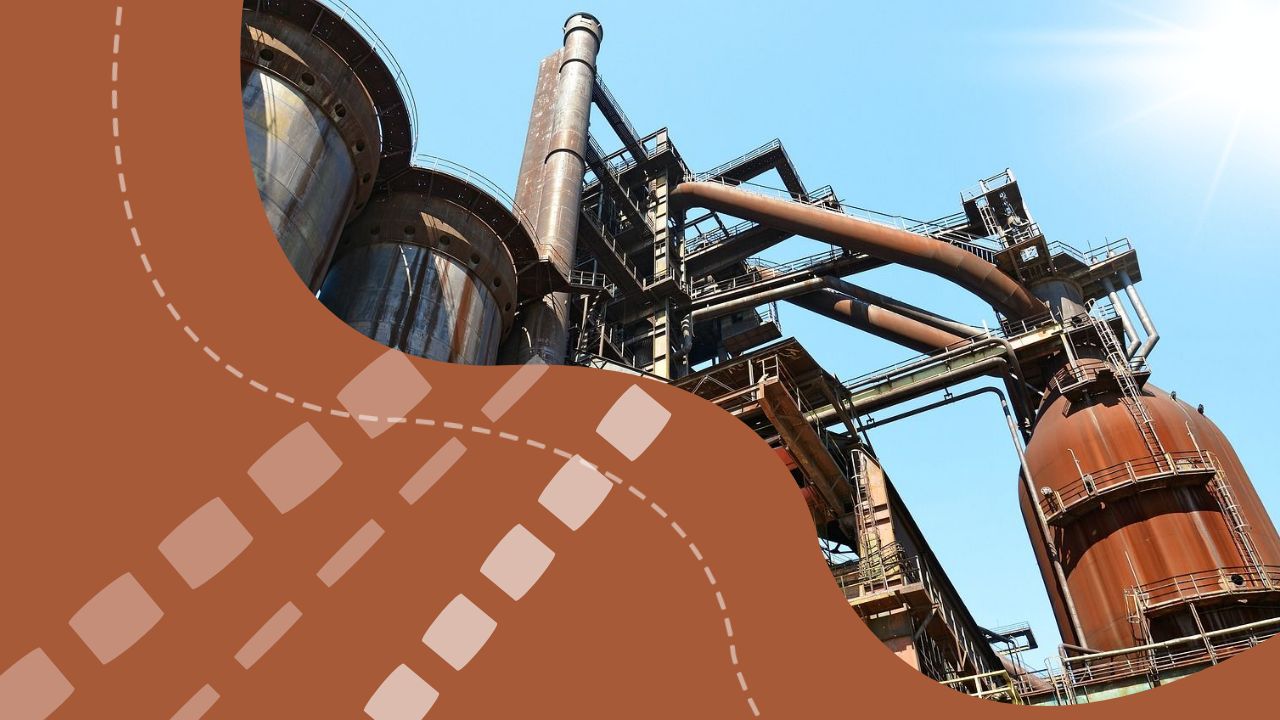The work will be carried out by a joint venture, which includes Kazatomprom (49%), KATCO and Orano Mining (51%).
The Kazakh-French joint venture is going to begin uranium mining by the end of 2023, inbusiness.kz reports with reference to trend.az.
According to the head of the company’s press service, Gwenael Thomas, the agreement on this is reflected in the amendment made to the existing subsoil use contract in August 2022. Development of this new site should guarantee KATCO production for approximately 15 years.
The head of the company’s press service also touched upon other agreements reached between Kazakhstan and Orano.
“In November 2022, Orano and Kazatomprom signed a memorandum of cooperation as part of the visit of the President of Kazakhstan Kassym-Jomart Tokayev to France. Through this memorandum, Orano and Kazatomprom declare their intention to maintain and strengthen cooperation in the uranium mining industry, building on their existing successful partnership,” he said.
Thomas added that among the joint cooperation initiatives, the memorandum includes the implementation of a joint technical research and development roadmap, an exploration of ways to address the issue of carbon dioxide emissions from the operations of the enterprises, and also lays the foundation for discussions on the long-term development of the partnership between the two companies.
KATCO was founded in 1996 to develop and operate the Muyunkum and Tortkuduk uranium deposits in the Turkestan region, approximately 300 kilometers north of Shymkent.
Today the company employs about 1,200 people and operates an ISR (In-Situ Recovery) mine with an annual capacity of about 4 thousand tons of uranium. The exploitation of two deposits has allowed KATCO to produce more than 40 thousand tons of uranium over the past 20 years.

